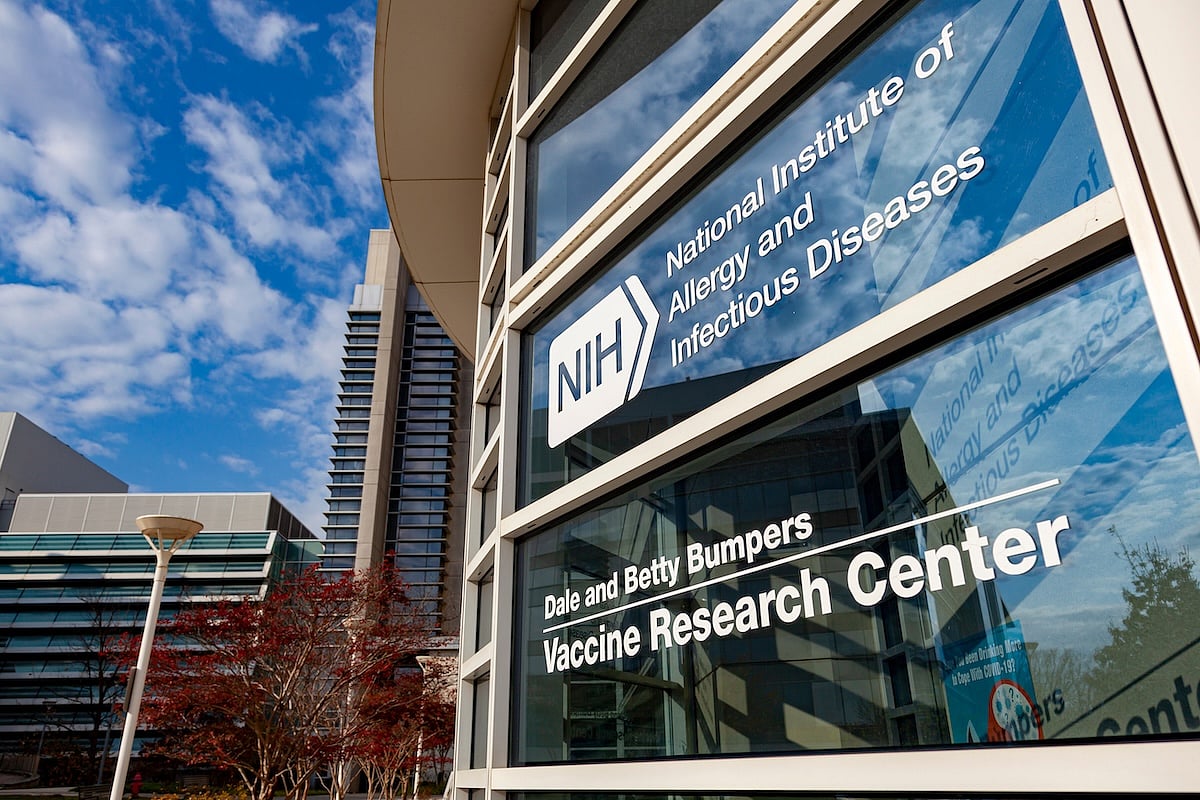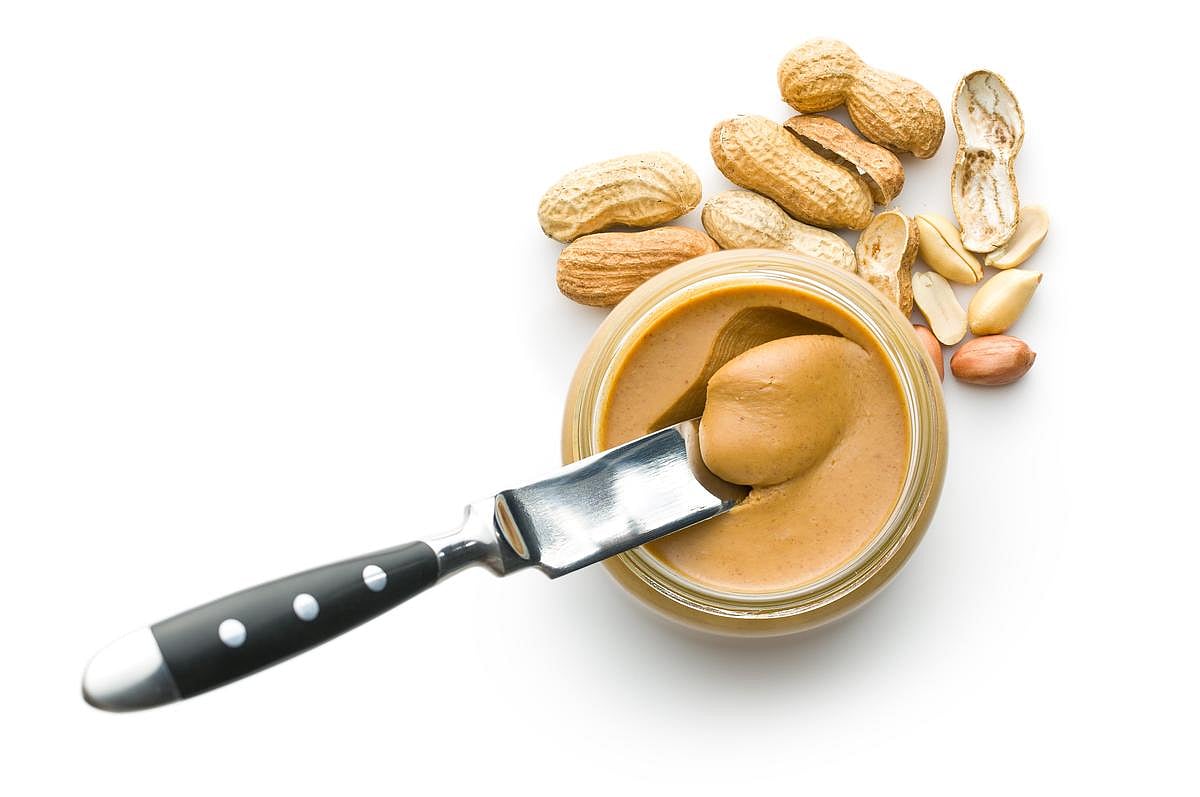Get Healthy!
Staying informed is also a great way to stay healthy. Keep up-to-date with all the latest health news here.
18 Feb
Sugary Drinks Tied to Adolescent Anxiety in New Study
Teens who regularly drink large amounts of sugar-sweetened beverages — including soda, energy drinks, sweetened teas and coffee drinks — are more likely to report symptoms of anxiety.
17 Feb
1 in 4 Teens Sending Sexts — Many Face Blackmail, New Study Warns
A new survey of nearly 3,500 teens finds a surge in sexting since 2019 and an increase in sextortion or blackmail.
16 Feb
Intermittent Fasting Falls Short for Weight Loss, Major Review Finds
A large, new evidence review finds intermittent fasting may not help overweight or obese patients loose a significant amount of weight or improve their quality of life.
Ancient Chinese Practice Lowers Blood Pressure As Well As Medications, Walking Program, Clinical Trial Shows
An ancient Chinese mind-body practice can lower a person’s blood pressure as well as medication or a program of brisk walking, a new study says.
Baduanjin is a widely practiced eight-movement sequence that combines slow, structured movement, deep breathing and meditation.
The practice lowered people’s blood pressure by ab...
- Dennis Thompson HealthDay Reporter
- |
- February 19, 2026
- |
- Full Page
Bananas From a Decade-Old Mining Spill Area in Brazil May Be Unsafe, Research Says
More than a decade after a major mining disaster in Brazil, scientists are still uncovering its health effects, including potential risks from food grown in nearby soil.
A new study suggests that bananas grown near the Doce River estuary may pose health risks for children under 6, due to lingering contamination from iron mining waste relea...
- I. Edwards HealthDay Reporter
- |
- February 18, 2026
- |
- Full Page
Mandy Moore Shares Why RSV Protection Became a Priority for Her Family
When actress and singer/songwriter Mandy Moore talks about RSV, it’s not just as a celebrity, it’s as a mom who’s lived through it.
In 2023, both of Moore’s sons came down with respiratory syncytial virus, or RSV, at the same time. The experience, she says, was overwhelming.
“I just will not forget how h...
- I. Edwards HealthDay Reporter
- |
- February 18, 2026
- |
- Full Page
NIH Institute Told To Drop ‘Biodefense’ and 'Pandemic Preparedness' Language From Website
As new infectious threats emerge worldwide, a key U.S. health agency is quietly stepping away from language tied to pandemic planning, a change some experts warn could leave Americans less protected when the next crisis hits.
Staff at the National Institute of Allergy and Infectious Diseases (NIAID) have been told to remove references to &...
- I. Edwards HealthDay Reporter
- |
- February 18, 2026
- |
- Full Page
Peanut Butter Sold in 40 States Recalled Over Possible Plastic Contamination
If you have peanut butter at home, federal health officials say it’s worth taking a closer look.
The U.S. Food and Drug Administration (FDA) has announced a recall of more than 20,000 peanut butter products after pieces of plastic were found during the manufacturing process.
The peanut butter was made by Ventura Foods and sold ...
- I. Edwards HealthDay Reporter
- |
- February 18, 2026
- |
- Full Page
Want To Preserve Brain Health? Engage In A Lifetime Pursuit Of Knowledge, Study Says
“Anyone who stops learning is old, whether at 20 or 80,” American entrepreneur Henry Ford once said. “Anyone who keeps learning stays young.”
There’s something to that, a new study says.
People who engage in a lifetime pursuit of learning have a lower risk of Alzheimer’s disease, as well as slower ...
- Dennis Thompson HealthDay Reporter
- |
- February 18, 2026
- |
- Full Page
'Smart Clothing' The Next Frontier In Fitness Tracking, Study Says
Health-conscious folks are used to strapping a Fitbit to their wrist or a step counter to their belt before they start walking or jogging.
But new research is opening the door to “smart clothing” that would count a person’s steps or track their movement without requiring any extra gadgets, a new study says.
Breakthr...
- Dennis Thompson HealthDay Reporter
- |
- February 18, 2026
- |
- Full Page
Pain Drives Postpartum Depression, Review Finds
Pain during pregnancy and after delivery can significantly increase a woman’s risk of postpartum depression, a new evidence review has concluded.
Further, there are specific pain-related risk factors that influence the odds of postpartum depression among women in racial and ethnic minorities, researchers reported in the journal C...
- Dennis Thompson HealthDay Reporter
- |
- February 18, 2026
- |
- Full Page
Shame, Embarrassment Regarding Walking Problems Can Isolate MS Patients
A mom with multiple sclerosis (MS) struggled to keep her balance, frustrated by her frequent missteps and stumbles.
But what really hurt was her 6-year-old daughter’s reaction to her plight.
“My daughter told me to stop walking with them basically because it’s embarrassing when I fall,” the mother recounted in...
- Dennis Thompson HealthDay Reporter
- |
- February 18, 2026
- |
- Full Page
Heavy Wildfire Smoke During Pregnancy May Be Linked to Increased Autism Risk
As wildfires become more frequent and severe across the Western United States, new research suggests the thick blankets of smoke they produce may have long-lasting effects on fetal development.
A study of millions of California births has found a link between exposure to intense wildfire smoke during pregnancy and an increased likelihood o...
- Deanna Neff HealthDay Reporter
- |
- February 18, 2026
- |
- Full Page
School Stress at Age 15 May Leave Long-Term Mental Health Scars
The intense pressure to succeed academically at age 15 may cast a long shadow, increasing the risk of depression and self-harm well into a person's 20s, a new study says.
While many parents and teachers view high expectations as a necessary push toward success, the research suggests that for many, the "push" becomes a "shove" that damages ...
- Deanna Neff HealthDay Reporter
- |
- February 18, 2026
- |
- Full Page
Couples Who Do This One Thing Feel More Satisfied And Secure Together
Couples who take time to slow down and enjoy the good moments they share may feel closer, argue less and feel more confident their relationship will last, a new study suggests.
Researchers at the University of Illinois Urbana-Champaign found that couples who regularly pause to appreciate positive experiences together — a habit dubbed...
- I. Edwards HealthDay Reporter
- |
- February 17, 2026
- |
- Full Page
FDA Expands Tater Tot Recall Tied to Possible Plastic Contamination
A recall of frozen tater tots has expanded after federal officials warned that hundreds of thousands of pounds could contain pieces of plastic.
The U.S. Food and Drug Administration (FDA) said the expanded recall now covers about 648,000 pounds of frozen tater tots made by McCain Foods at a facility in Idaho.
The recall began last mo...
- I. Edwards HealthDay Reporter
- |
- February 17, 2026
- |
- Full Page
A Florida College Has Reported More Than 40 Measles Cases
A measles outbreak at a private college in southwest Florida is raising new concerns about how quickly the virus can spread.
More than 40 cases have been reported at Ave Maria University, making it one of the largest measles outbreaks recorded on a U.S. college campus.
Experts say the situation shows how measles, once mostly seen in ...
- I. Edwards HealthDay Reporter
- |
- February 17, 2026
- |
- Full Page
Baby Food Recalled Nationwide Over Mold Toxin Concern
A baby food product sold across most of the United States is being pulled from store shelves after tests found higher-than-expected levels of a toxin linked to mold, federal officials said.
Initiative Foods is recalling one lot of its Tippy Toes Apple Pear Banana fruit puree after the U.S. Food and Drug Administration (FDA) found elevated ...
- I. Edwards HealthDay Reporter
- |
- February 17, 2026
- |
- Full Page
Abortion Restrictions Increase Deaths Among Expecting And New Moms, Researchers Report
Anti-abortion laws are associated with more deaths among expecting and new mothers, a new study says.
Increased numbers of state-level abortion restrictions in the U.S. are linked to a parallel increase in maternal deaths between 2005 and 2023, according to findings presented at a meeting of the Society for Maternal-Fetal Medicine in Las V...
- Dennis Thompson HealthDay Reporter
- |
- February 17, 2026
- |
- Full Page
Most Skip Physical Therapy Homework, Slowing Their Recovery
Most people are skipping some or all their physical therapy homework, potentially stalling or even setting back their recovery, a new survey has found.
More than 3 of 4 patients (76%) assigned physical therapy exercises to perform at home don’t stick with it, according to the survey from the Ohio State University Wexner Medical Cente...
- Dennis Thompson HealthDay Reporter
- |
- February 17, 2026
- |
- Full Page
Smartphone App Successfully Supports First-Time Moms
First-time moms are facing a potentially overwhelming amount of stress, caring for their new baby while also managing their own recovery from pregnancy and birth.
But a new smartphone app can provide them much-needed support, according to a study presented at a meeting in Las Vegas of the Society for Maternal-Fetal Medicine.
First-ti...
- Dennis Thompson HealthDay Reporter
- |
- February 17, 2026
- |
- Full Page
Vegetarian Upbringing Not More Likely To Stunt Toddlers' Growth, Study Finds
Babies’ growth isn’t more likely to be stunted if they’re raised on a vegetarian diet, a new study says.
Tracking nearly 1.2 million infants, researchers found that by age 2 those raised in vegan and vegetarian households follow growth trajectories nearly identical to their omnivorous peers, according to findings publishe...
- Dennis Thompson HealthDay Reporter
- |
- February 17, 2026
- |
- Full Page
Brain Implant Can Read Movement Of Parkinson's Patients, Opening Door To More Effective Treatment
A new advance might help doctors improve movement in people with Parkinson’s disease by tracking their gait-related brain waves in real time.
An experimental brain implant can capture the signals of movement-related brain regions while Parkinson’s patients perform daily activities like walking to the kitchen or strolling throug...
- Dennis Thompson HealthDay Reporter
- |
- February 17, 2026
- |
- Full Page


























